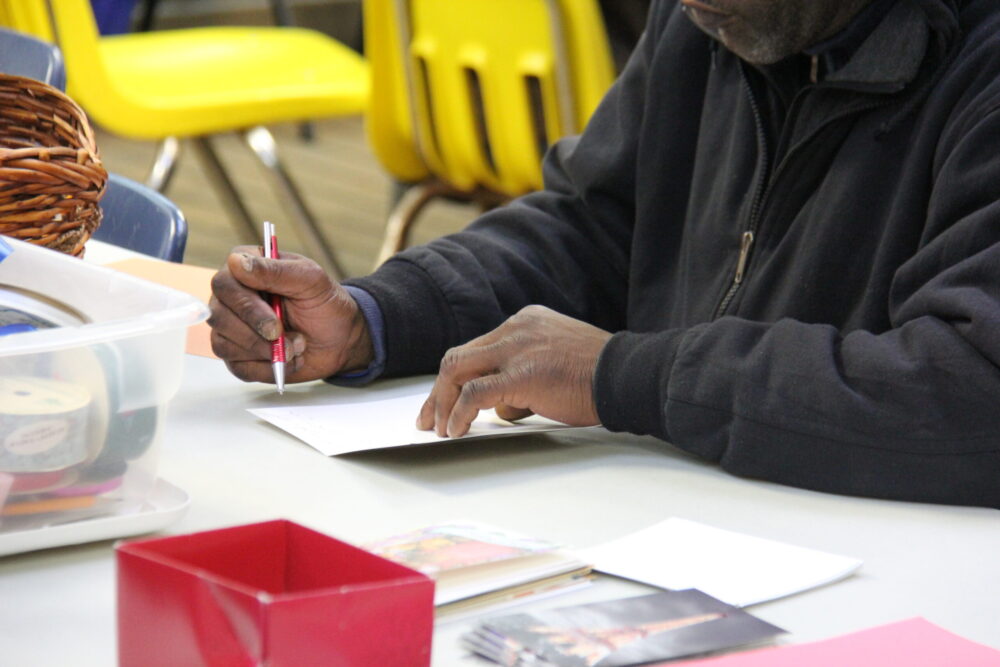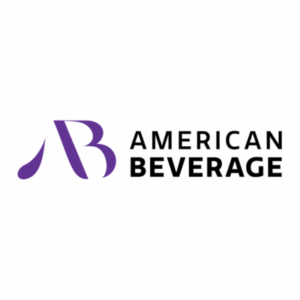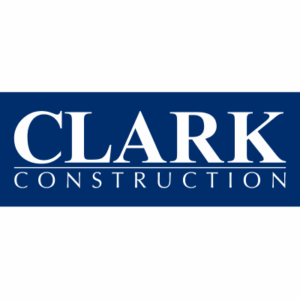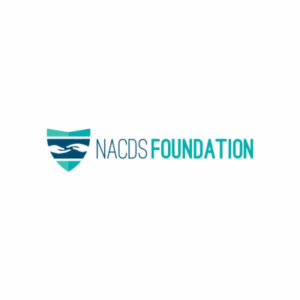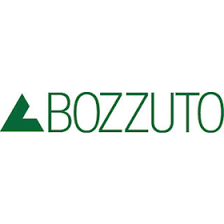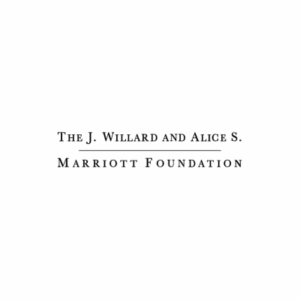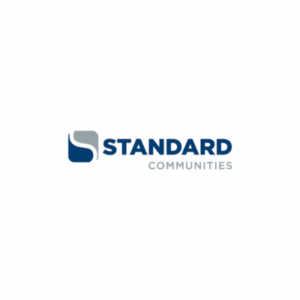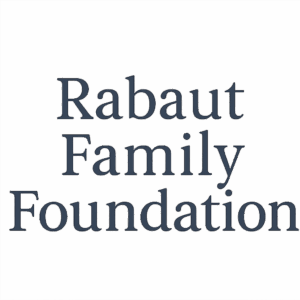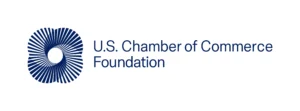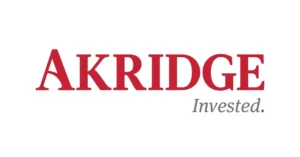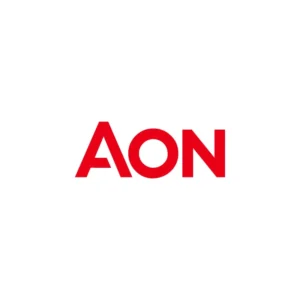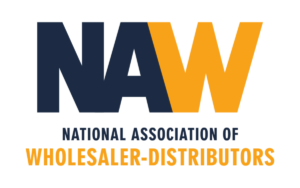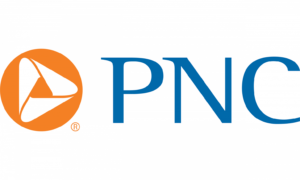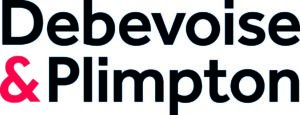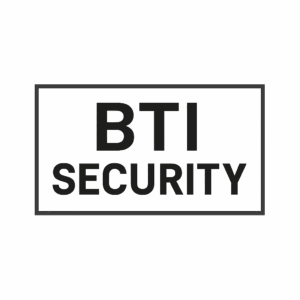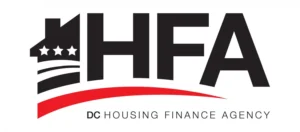Advocacy
Addressing Homelessness
SOME’s comprehensive approach to addressing homelessness and poverty extends beyond direct services. We recognize that to create lasting change, it is essential to advocate for policies that address the root causes of these issues at their core.
Nonprofits like SOME play a critical role in shaping the systems that impact the lives of those experiencing homelessness and poverty. We advocate for policies and programs that not only serve immediate needs but also foster long-term, sustainable solutions. By engaging in policy discussions and budget decisions with government officials, we work to ensure resources are allocated where they are most needed.
Systematic change requires a proactive and collaborative approach. To truly eliminate the root causes of homelessness and poverty, nonprofits must be actively involved in legislative processes, working to influence decisions that affect the communities we serve.
Equity and inclusion are central to our advocacy efforts. We are committed to ensuring that those most affected by homelessness and poverty—our residents, students, clients, and community members—are empowered to speak for themselves and shape the policies that impact their lives. We believe that effective advocacy must center the voices of those with lived experiences, ensuring their insights drive meaningful policy change.
We foster an active commitment to social justice. By educating public officials, volunteers, faith-based groups, and community organizations on the importance of equitable solutions, we promote the creation of policies that aim to end homelessness and poverty in an inclusive and sustainable way.
Collaboration is key to our success. SOME partners with a wide range of organizations and affected communities to develop and advocate for the most effective solutions. Through our grassroots SOME Advocacy Network, we mobilize concerned citizens to amplify their voices, ensuring that community support drives policy change for a more just and equitable future.
Homelessness in Washington, DC
On any given night in the District of Columbia, 5,616 of our neighbors are forced to endure the harsh reality of living without the dignity and security of a home. This includes 3,960 individuals and 1,656 adults and children across 539 families. These are not just numbers—they represent lives caught in crisis, struggling to survive without basic shelter.
The crisis extends beyond homelessness. Nearly one in seven D.C. residents—and one in six D.C. children—live at or below the poverty line. More than 96,000 people, including over 26,000 children, are trapped in extreme poverty, unable to meet even their most basic needs like food, clothing, and shelter. These statistics reflect a deep, systemic failure that we must address through bold action and unwavering advocacy.
Each year, these data are collected during D.C.’s Homelessness Enumeration, informally known as the Point-in-Time (PIT) Count. PIT data are used locally to plan programs, allocate funding, track progress toward goals outlined in the District’s Homeless Services Plan called Homeward DC 2.0, and better meet the needs of our homeless neighbors. You can find D.C.’s comprehensive data here, and you can locate the report for the entire D.C. Metro region here. You can find the District’s Homeward DC 2.0 Plan here.
13%
of unhoused adults in families were employed but could not afford housing.
28%
reported severe mental illness.
29%
were survivors of domestic violence history, including many who were homeless directly because of domestic abuse
18%
of unaccompanied adults reported chronic substance abuse.
17%
reported chronic health problems.
15%
reported physical disabilities.
11%
reported a dual diagnosis, both substance use and a mental health diagnosis.
Key Programs and Policy Tools
Key Programs and Policy Tools for a Just D.C.
At SOME, we envision a District where all residents can live with dignity, stability, and the opportunity for economic security. To realize this vision, we advocate for transformative programs and policies that address the systemic issues underlying homelessness and poverty.
We champion tools that build and preserve affordable housing, provide essential income supports, and expand access to comprehensive mental health and substance use treatment. Additionally, we advocate for affordable, nutritious food, holistic senior services, family and domestic abuse survivor support, and robust homelessness prevention efforts.
Our advocacy extends beyond shelter. We fight for equitable transportation planning, inclusive workforce development, and policies that uplift individuals and families by providing them with the tools they need to thrive.
We urge community organizations and partners to join us in raising their voices. Together, we can drive the systemic changes needed to create a District where all residents, regardless of their circumstances, can live with dignity and have the opportunity to build a secure future.
Our Advocacy Wins
For nearly two decades, SOME, in partnership with our constituents, Advocacy Network, and coalition allies, has been instrumental in securing long-term funding increases and essential policy reforms across several key citywide programs. Through sustained efforts and strong collaboration, we’ve successfully influenced the District’s budget, advancing programs that support those most in need within our community.
The FY25 budget was one of the most challenging in the past decade, marked by tighter constraints. However, through our collective advocacy for equity and the prioritization of those most in need, we were able to achieve the following key impacts on the final budget:
Driving Progress in Affordable Housing, Advancing Health and Wellness, and Investing in Pathways to Stability, Safety, and Success for All
- Secured continued investments in the Housing Production Trust Fund (HPTF) and Housing Preservation Fund (HPF), fueling the development, reconstruction, and preservation of affordable housing.
- Maintained crucial funding for the Local Rent Supplement Program (LRSP), providing essential operating subsidies to affordable housing developers and tenant-based vouchers for families and individuals seeking stable housing.
- Expanded support for the Shallow Senior Subsidy, enabling seniors earning 60% or less of the Area Median Income to remain in their homes without needing additional subsidies.
- Advocated for increased funding for vouchers tailored to specialized populations, including individuals reentering society and LGBTQIA+ residents, ensuring they have access to safe and affordable housing.
- Nongovernmental partnerships, education and outreach-- Project Homeless Connect annual service fair, coordinated by United Way of the National Capital Area, Coalition of Housing and Homeless Organizations (COHHO), Coalition for Nonprofit Housing & Economic Development
- Ensured sustained investments in Permanent Supportive Housing (PSH) vouchers, helping families and individuals secure long-term housing stability.
- Maintained funding for “Baby Bonds,” which establishes trust funds for low-income children to access at age 18 for college, starting a business, or buying a home.
- Sponsored a study on vocational education to broaden job training and career development opportunities.
- Secured sustained funding for Victim Services, ensuring domestic violence survivors, gun violence survivors, and other survivors of violence have access to safe housing, vital mental health services, and other supportive services.
- Preserved critical funding for Reentry Grants, creating pathways to employment, housing, and essential services for D.C. residents reentering society.
- Maintained funding for Access to Justice, ensuring low-income residents can access the civil legal services they need.
- Secured funding for the Prior Authorization Reform Amendment Act of 2023, expanding patient access to critical medications without unnecessary delays.
- Boosted wages and financial support for healthcare workers, including CNAs, revitalizing the healthcare workforce and making essential services more accessible for D.C. residents.
- Expanded the Substance Abuse and Behavioral Health Targeted Outreach program to include new sites in Wards 5 and 6, connecting more residents to life-saving treatment, harm reduction, and supportive services.
- Increased funding for Produce Plus, providing more low-income residents who qualify for SNAP with access to healthy, fresh produce at local Farmers Markets.
- Funded the Grocery Access Pilot Program, enabling 1,000 SNAP-Ed participants to purchase groceries online without delivery fees, combating hunger and mitigating inflation impacts.
- Ensured stable funding for Healthy Food Access Grant programs, including Healthy Corners, Joyful Food Markets, Home-Delivered Meals, and Produce Plus, to ensure equitable food access and fight hunger across the city for low-income residents.
Resources and Tools
Resources and Tools
- DC Interagency Council on Homelessness
- Coalition for Nonprofit Housing & Economic Development
- Fair Budget Coalition
- Senior Advisory Coalition (SAC)
- DC Behavioral Health Association (DCBHA)
- DC Fiscal Policy Institute
- Coalition for Human Needs
- National Low-Income Housing Coalition
- DC Reentry Action Network
- DC Transportation Equity Network
- DC Primary Care Association
- Coalition for Nonprofit Equity
